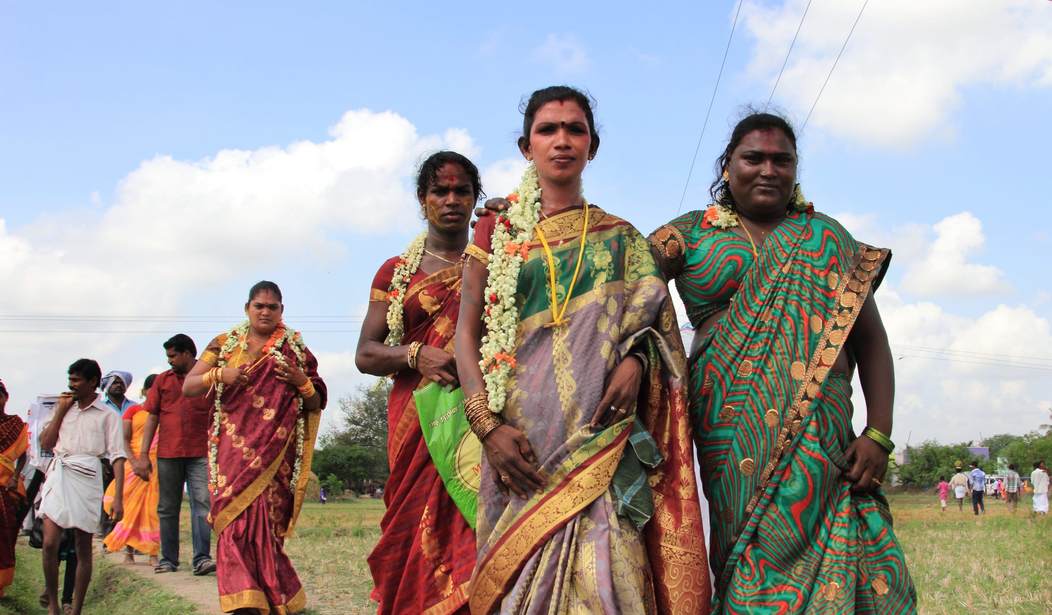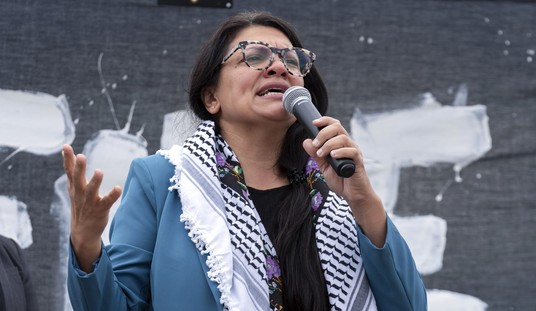An official charity of the Catholic Church in India announced a program to assist transgender people this month. The new program aims to eradicate biases against them, but will not support transgender surgery, which the Catholic Church sees as immoral.
“People who are suffering for no fault of their own because of sexual confusion in their body require our attention and support,” declared Father Frederick D’Souza, executive director of Caritas India, in a statement provided to Vatican Radio. The director added that “Caritas is open to work with transgender people. I am even open to recruiting them.”
Caritas aims to use this program to eradicate “traditional biases against” transgender people, in order to better their condition in society.
The decision does not represent a surrender to the culture of political correctness, however. True Christian charity involves helping other people without condoning sin, and the Catholic Church is not doing so in this case.
By transgender, Father D’Souza clarified that he means “biological transgenders” and not those who undergo the surgical mutilation of their bodies. “We don’t want to confuse the two,” D’Souza explained. “We have an opinion on those who undergo sex change, we are not in favour of that. We believe that the natural gender one is born with is what he/she is supposed to cherish and contribute to creation.”
Caritas’ deputy director, Father Paul Moonjely, explained that the organization’s decision to include those suffering with gender dysphoria is not sudden. “We have been reaching out to transgender people in our development programs but have largely failed to recognize them and show data on how many of them we have supported,” Moonjely told Vatican Radio.
Caritas India, founded in 1962, works to promote well-being through humanitarian aid, social development, reconstruction, poverty reduction, sustainable development, education, and the social promotion of women and groups of poor people, such as the Dalit caste.
Next Page: India’s long history with transgenderism, and why Caritas is a good example for Christians dealing with this issue.
According to a 2011 government census, the country has nearly 500,000 transgender people. A 2012 United Nations report found that they have been excluded from participating in social and cultural life, economy, and politics.
Ancient tradition considers male-to-female transgenders to be hijras. They are considered to bear good fortune and are still summoned during the blessing of newlyweds and newborn babies. The Vedas, ancient Hindu scriptures, recognize them as having both male and female characteristics. During the Mughal period, they served as royal guards. In Western accounts, they are known as eunuchs, and some had ceremonies of initiation where a man had his private parts removed.
The hijras were relegated to the margins of society during British colonial rule, but in 2014 the Indian Supreme Court acknowledged the status of a “third gender,” and ruled that hijras are to officially enjoy the same rights as other citizens. The ruling gave them the rights to marry, inherit, and have access to government and education jobs.
Caritas India presents a theologically sound response to the struggles of transgender people. Christians can and should help the marginalized, and those who suffer with beliefs that they were born in the wrong body are emphatically included.
But Christianity holds that people are born male or female, and that their sexuality is a good gift from God. Opposing that sexuality, and especially undergoing surgery to mutilate the natural body, is misguided, causes harm, and qualifies as sin which separates people from God. This decision shows how Christians can love and witness to the transgender without condoning things Christians cannot condone.









Join the conversation as a VIP Member